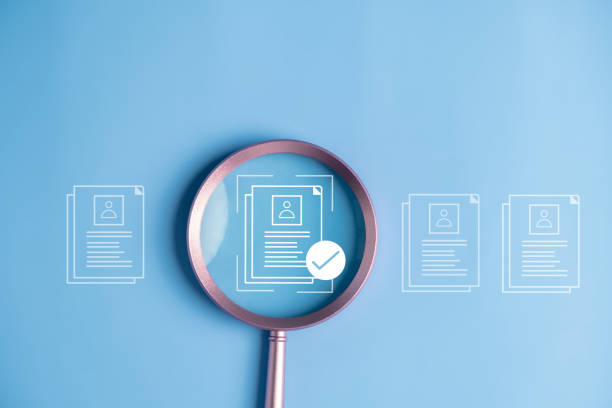Recruiting the right individuals is among the most significant decisions made by any business. A resume can be used to point out the successes, but it does not necessarily give the whole picture. It is at this point that employee background checks become very important. They assist employers to be sure of the identity, credentials and past of a candidate so that they can be sure of a secure and reputable working environment.

This guide covers the background checks, the reasons why they are important, the contents of the background checks and how companies can conduct them effectively and ethically.
What is an Employee Background Check?
Background check on employees is the procedure of examining the personal, professional and legal history of an employee to ensure that they are suitable to occupy a position. It enables employers to determine the accuracy of information given by them in the recruitment process and any possible dangers that may affect the company.
Background checks can consist of employment checks, education checks, and criminal record among others, depending on the type of job. The sub-objective is to ensure informed hiring decisions and uphold integrity at the workplace.
The importance of Background Checks
Background check is not a simple ritual; it is an activity that comes with risk management. Firms that conduct adequate screening save themselves the risks of legal, financial and reputational loss.
Through background checks, the employers have the ability to:
- Eliminate fraud, theft or abuse of the workplace.
- Make sure that applicants do have the experience and credentials they purport.
- Ensure that there is safety and conformity at the workplace.
- Become trusted by the clients, partners, and employees.
Major Elements of Employee Background Check
Although the background checks may differ depending on the line of business and the job position, the majority of them will include the following major components:
1. Identity Verification
The first step that employers take is to verify the identity of the applicant by using official documents of identification, like a passport or national ID. This helps in avoiding impersonation and also makes sure that the hiring regulations are followed.
2. Employment and Education Check
The work and academic records are examined to check the experience and qualifications of the candidate. Employers compare job titles, tenure and degrees with the official institutions to make sure that they are accurate.
3. Credit and Financial History
In the case of finance-related jobs, employers will examine the credit report of the candidate to determine their financial integrity. It assists in the identification of whether the job seeker is accountable and trustworthy.
5. Reference Checks
Talking with past employers or past colleagues will provide a clue about how a candidate works, how he/she has been and how professional he/she is.
6. Social Media Review
Online conduct in public can also be taken into account, particularly in a job where one represents the people or has some trust in them.
During the process of carrying out an effective background check, how can this be done?
Conducting a background check is a process that has a number of steps. These include:
Developing a Screening Policy:
- Specify what jobs are subject to screening and what kind of checks should be done.
- Getting Authorization: It is always advisable to have written permission from the candidate.
- Information Acquisition and Verification: Acquire the information with the help of trusted sources or professional screening agencies to guarantee accuracy.
- Assessment of Results: Examine all findings in an objective manner and resolve any discrepancies with the candidate.
- Confidentiality: All the data gathered should be stored and should be restricted to authorised personnel only.
An open and transparent process not only enhances the accuracy of hiring, but it also enhances the trust of the candidates.
The typical issues of a Background check
Background checks, despite their importance, have certain challenges. Employers often face:
- Limitations on privacy can deny access to some records.
- Request slowness, particularly with overseas candidates.
- Different laws in various places make international hiring strenuous.
- Incomplete or obsolete data can be used in decision-making.
To eliminate these obstacles, companies should collaborate with trustworthy verification services and have transparent internal policies.
The Future of Screening of Employees
As the world rapidly goes digital, the future of employee background checks is in automation and AI-based verification. The machine learning and real-time database products that companies are currently employing to cross-check data are not only fast but also highly accurate.
Verification systems based on blockchain are also on the rise, where employment and education records can be tamper-free. Such technologies enable the hiring process to be quicker, more dependable and less susceptible to human error.
Additionally, continuous background screening is being embraced by most organizations, in which employees are constantly tested on their adherence and to manage risks.
Conclusion
Employee background check is not merely a process in employee recruitment; this is a protection for your business. It assists in generating a safe, open, and law-abiding working environment and minimises the risks associated with fraud or misconduct.
Employers will be able to make sure they do not make bad hiring judgments by adhering to the law, honoring privacy, and utilizing contemporary verification instruments. Finally, background checks are a boost to the workforce and the organization as a whole and its future success.